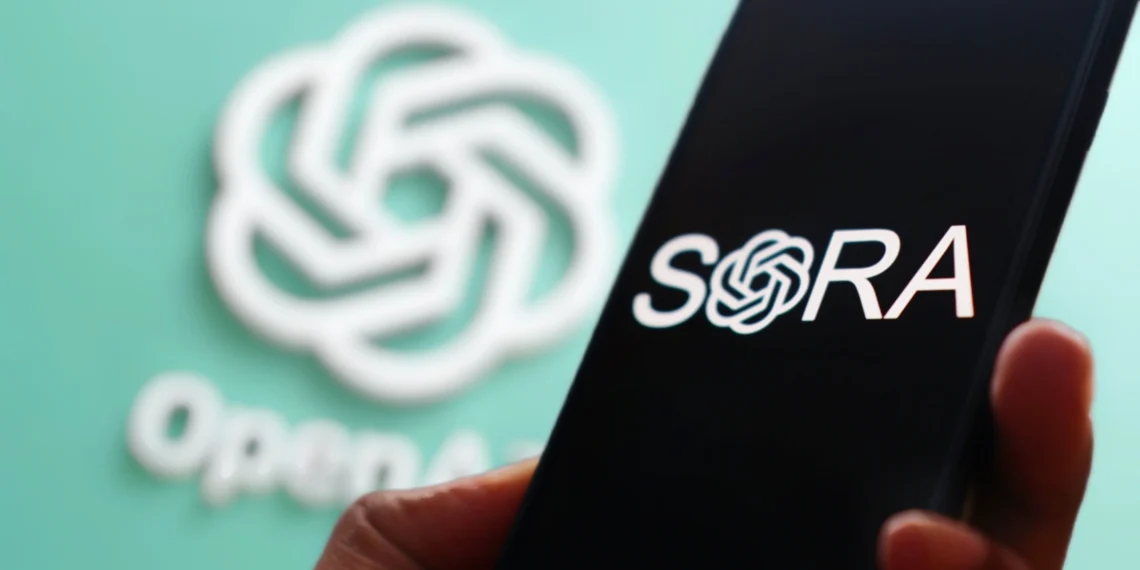China has unleashed a game-changing AI tool that could redefine the landscape of video generation technology. Dubbed Goku AI, this cutting-edge software is making waves with its promise to rival established industry leaders like OpenAI’s Sora.
Named after the legendary anime hero, Goku AI embodies China’s ambitious drive to dominate artificial intelligence innovation on a global scale.
Developed by a consortium of Beijing-based tech pioneers, Goku AI boasts an array of groundbreaking features designed to push the boundaries of AI-generated content. It leverages advanced machine learning to produce high-fidelity videos from text descriptions and images, delivering an unprecedented level of realism and artistic depth.
Unlike its competitors, it emphasizes cultural diversity, drawing from a vast dataset that ensures its content resonates with audiences worldwide. Speed and efficiency are also key selling points, with Goku AI reportedly generating videos at an accelerated rate without compromising quality. Its intuitive user interface makes it accessible to professionals and casual users alike, opening up new possibilities for digital storytelling, marketing, and entertainment.
The introduction of Goku AI has sent shockwaves through the AI video generation market, forcing competitors to reassess their strategies or risk falling behind. Industry experts predict an intense innovation race as companies scramble to refine their own technologies. “Goku AI’s arrival isn’t just about competition—it’s about pushing the entire industry forward,” says Li Wei, a leading analyst at TechInsights China.
Read also: US lawmakers push to ban Chinese AI DeepSeek over national security fears
However, the rise of Goku AI has also ignited debates over ethics and privacy. While developers assure that strict safeguards are in place to prevent misuse—such as the creation of deceptive content or copyright infringement—the specifics of these measures remain under wraps. Critics worry about potential risks associated with an AI tool of this magnitude, particularly given China’s history of stringent digital oversight.
International reactions to Goku AI’s debut have been mixed. While some hail it as a breakthrough that will drive AI innovation to new heights, others express concern over the implications of a powerful new tool backed by state-aligned interests. The geopolitical impact of China’s growing influence in AI development adds another layer of complexity, with global tech leaders closely monitoring how Goku AI integrates into mainstream applications.
More than just a software launch, Goku AI marks a strategic move in China’s bid for AI dominance. As the world watches, its success or failure will hinge on how seamlessly it blends into the creative industries, business sectors, and everyday lives of users worldwide. Whether it ushers in a new era of digital creativity or stirs controversy like its predecessors, one thing is certain—Goku AI has arrived, and it’s not going unnoticed.






